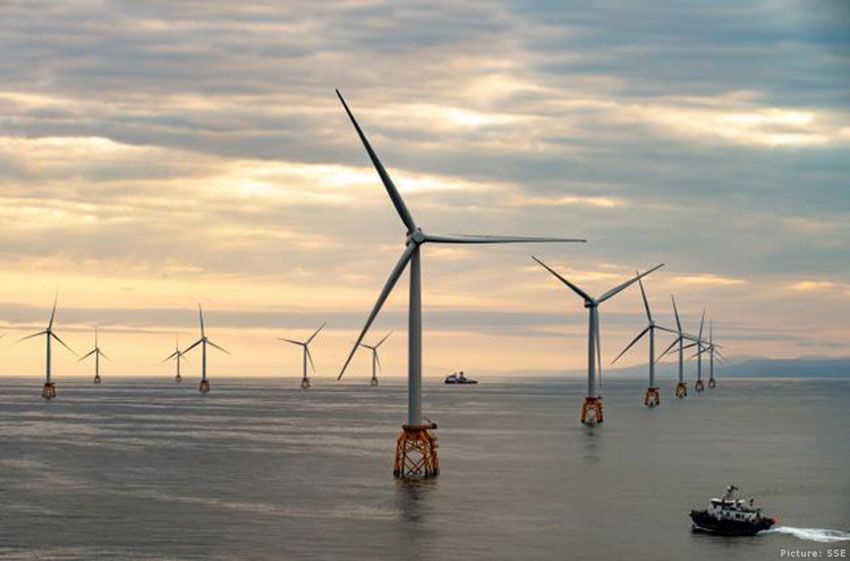Denmark, one of the world’s leading countries in wind power generation and the first to install offshore wind turbines, is cooperating with Vietnam to help the ASEAN member state move the expansion of offshore wind forward.
The Danish Energy Agency and the Vietnamese Electricity and Renewable Energy Authority are partnering in drafting an Input to Roadmap report for offshore wind development in Vietnam and discussed in a recent webinar the most important steps that Vietnam’s government should take to incentivize the expansion of offshore wind.
The Danish and Vietnamese energy authorities believe that Vietnam has a technical potential to have 160 gigawatts (GW) of offshore wind power installed. To compare, offshore wind installations globally were 29 GW as of the end of 2019, and Denmark currently has 1.7 GW, the Danish Energy Agency said in a statement on 19 May.
“Even after excluding sites that may ultimately prove not to be viable due to
conflicts with other seabed uses or due to financial reasons, the potential for offshore wind along coastline remains very significant,” the Danish agency said, referring to Vietnam’s huge potential to host offshore wind power developments.
Vietnam is the only country in the region that has implemented near-shore wind power with 99 MW already installed, and the abundant wind resources and large pipeline potential have attracted strong interest from the offshore wind industry. With more than 3,000 kilometres of coastline and some of the best offshore wind conditions in South East Asia, Vietnam is at the forefront of most coveted prospective offshore wind markets, according to the Danish Energy Agency, which has been partnering with the respective Vietnamese authority since 2013.
“I am delighted to see that cooperation and activities within offshore wind are on track despite the coronavirus pandemic. Vietnam has a huge potential for offshore wind, which could play a key role in the green transition of the country,” Deputy Director General of the Danish Energy Agency, Martin Hansen, said.

